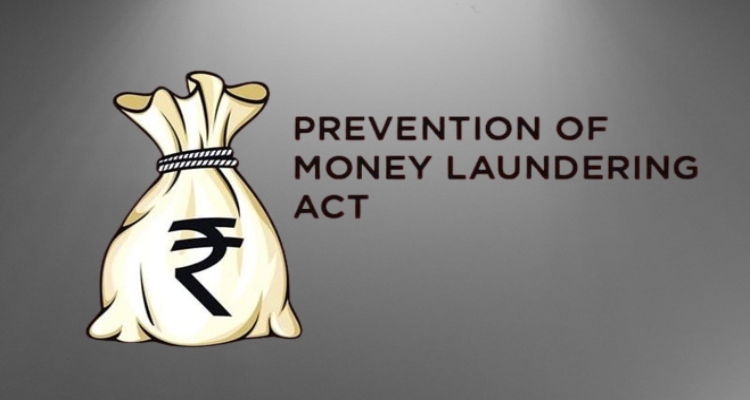
The Supreme Court has stated that it will hear a review petition challenging its earlier judgment upholding various provisions of the Prevention of Money Laundering Act (PMLA) on August 5, 2024.
Solicitor General Tushar Mehta informed a bench led by Justice Sanjiv Khanna that Additional Solicitor General SV Raju is facing personal difficulties in Ahmedabad and requested a two-week adjournment. Consequently, the court has scheduled the matter for hearing next month.
The court was reviewing a petition challenging its judgment on the PMLA provisions. Earlier, Solicitor General Mehta had opposed the reevaluation of the judgment, asserting that the PMLA is not a standalone offense and was crafted by the legislature in compliance with the Financial Action Task Force (FATF) directives.
The Supreme Court had previously agreed to reconsider the review petition, noting that prima facie two issues related to the PMLA provisions require re-examination. During the last hearing, the court acknowledged that certain issues needed further review but emphasized its support for preventing black money and money laundering. The court had also stated that money laundering is a serious offense that the country cannot afford.
One of the review petitions was filed by Congress MP Karti Chidambaram. On July 27, 2022, the Supreme Court upheld the validity of several PMLA provisions, which empower the Enforcement Directorate (ED) to make arrests, conduct searches and seizures, and attach the proceeds of crime. The court also ruled that an Enforcement Case Information Report (ECIR) cannot be equated with a First Information Report (FIR) and that ED officers are not considered police officers.
The court was addressing multiple pleas challenging various PMLA provisions. On March 15, 2022, the court had reserved its order on petitions challenging certain PMLA provisions, with prominent petitioners including Karti Chidambaram and former Jammu and Kashmir Chief Minister Mehbooba Mufti. Their petitions raised concerns about the lack of procedures for commencing investigations and summoning, and the accused not being informed of the contents of the ECIR.
Section 45 of the PMLA deals with cognizable and non-bailable offenses, while Section 50 empowers ED officers to summon individuals for evidence or records. Those summoned must answer questions and produce documents as required, with penalties for non-compliance under the PMLA.
The Centre defended the constitutional validity of the PMLA provisions, stating that around 4,700 cases are under investigation by the ED. It argued that the PMLA is designed not just as a penal statute but to prevent money laundering, regulate related activities, confiscate proceeds of crime, and ensure offenders are punished. The Centre emphasized that India’s PMLA aligns with global best practices and the international fight against money laundering.




